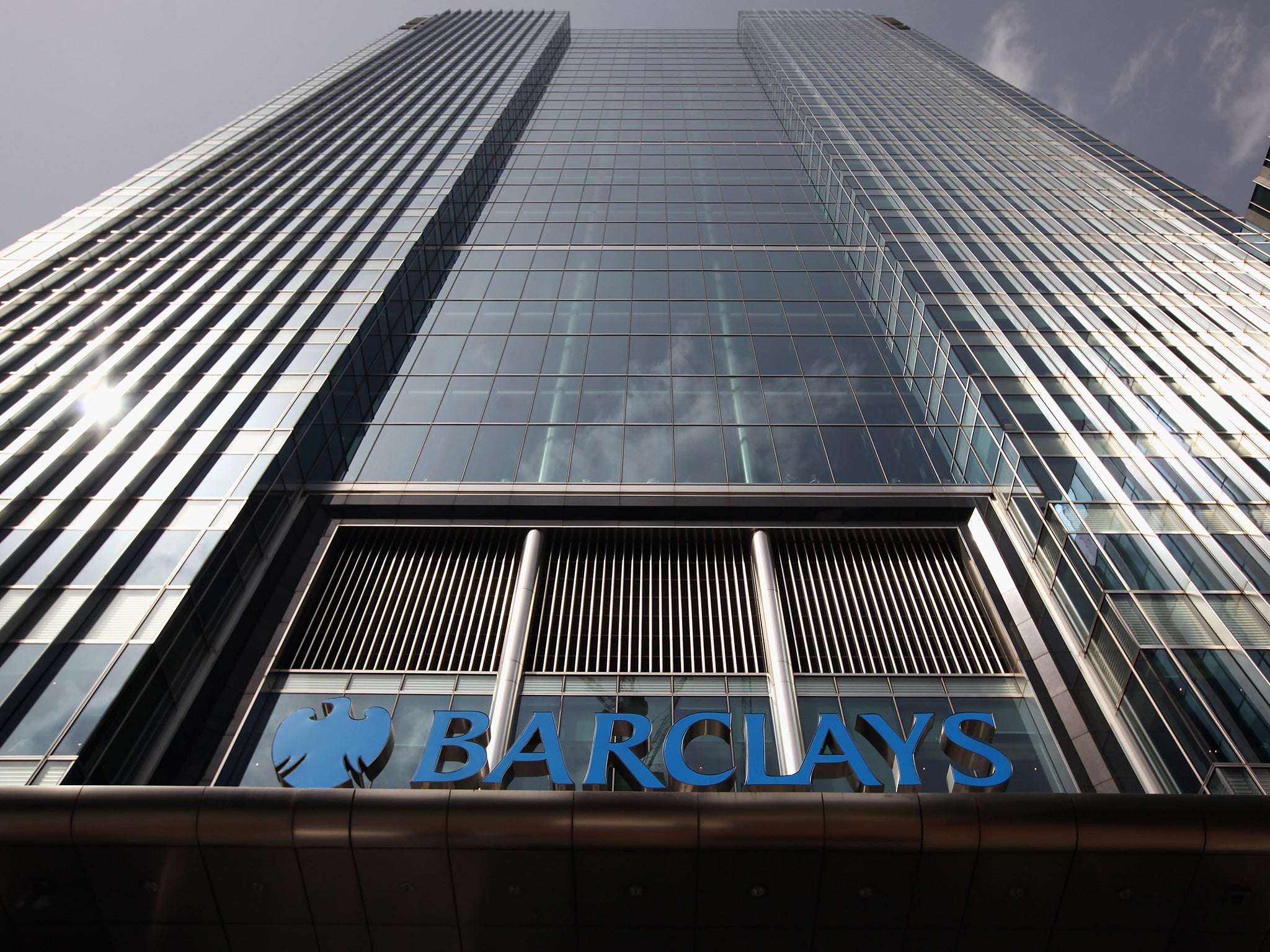Nothing reassures like a bumper pay packet for the head of one of our giant banks, does it?
The 58-year old Bostonian Jes Staley, who was confirmed as Barclays new chief executive, will be in line for a total remuneration package worth up to £8.2m a year.
That compares rather favourably with the £5.5m Staley’s predecessor Antony Jenkins received for his work mouthing ethical slogans in 2014. And it positively towers over the £1.8m taken by Ross McEwan for putting in a shift as the boss of Royal Bank of Scotland.
If we’ve learned anything in recent years it’s that high pay for the head honcho in the c-suite is a cast-iron guarantee of strong shareholder returns and sound judgement by banking executives. Or perhaps not.
Anyway, the new leader of the bank with Quaker roots might now be in place, but the strategy for Barclays remains as murky as the financial affairs of the Fifa executive committee. In a memo to staff Mr Staley said he planned “to complete the necessary transformation and repositioning of the investment bank to a less capital-intensive model”.
You can spin that either as continuing the “Saint Antony” demolition job or getting Barclays in leaner shape for another crack at Wall Street, in the style of Bob Diamond. Both interpretations have been offered.
John McFarlane, the chairman who brutally dispatched Mr Jenkins in July, has gone to almost comical lengths in recent weeks to insist that Mr Staley is “not an investment banker”. Apparently while he was at JP Morgan, Mr Staley “ran the equities division, but he didn’t trade equities”. Answers on a postcard, please.
“We are a commercial enterprise and must generate attractive returns for our shareholders,” Mr Staley said in his note. “They have been patient and now we must deliver for them.”
That doesn’t sound like a man who is going to be spending much time stressing about the details of branch decor. The only way to generate the kind of double-digit returns on equity that Barclays shareholders reaped in the go-go years before the financial crisis is through lots of wholesale markets activity.
In the end the CV probably matters more than the rhetoric. If you’re genuinely moving away from investment banking and trading, why would you appoint a career investment banker?
For good or ill, the Barclays board and its unhealthily hands-on chairman have made their choice. To adapt a now well-worn phrase, Barclays is saying that the time to be focusing on the retail bank is over.
Subscribe to Independent Premium to bookmark this article
Want to bookmark your favourite articles and stories to read or reference later? Start your Independent Premium subscription today.


Join our commenting forum
Join thought-provoking conversations, follow other Independent readers and see their replies